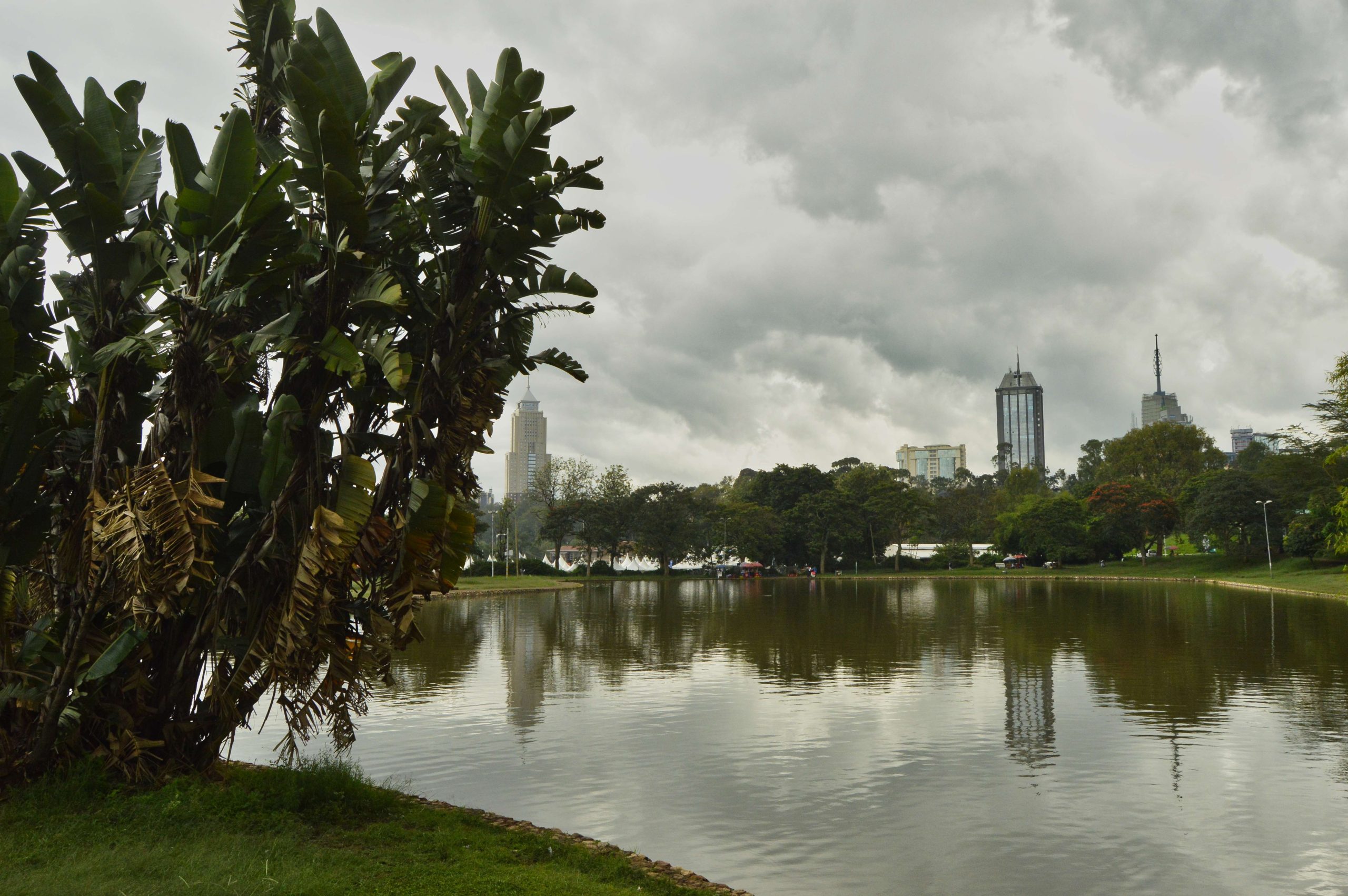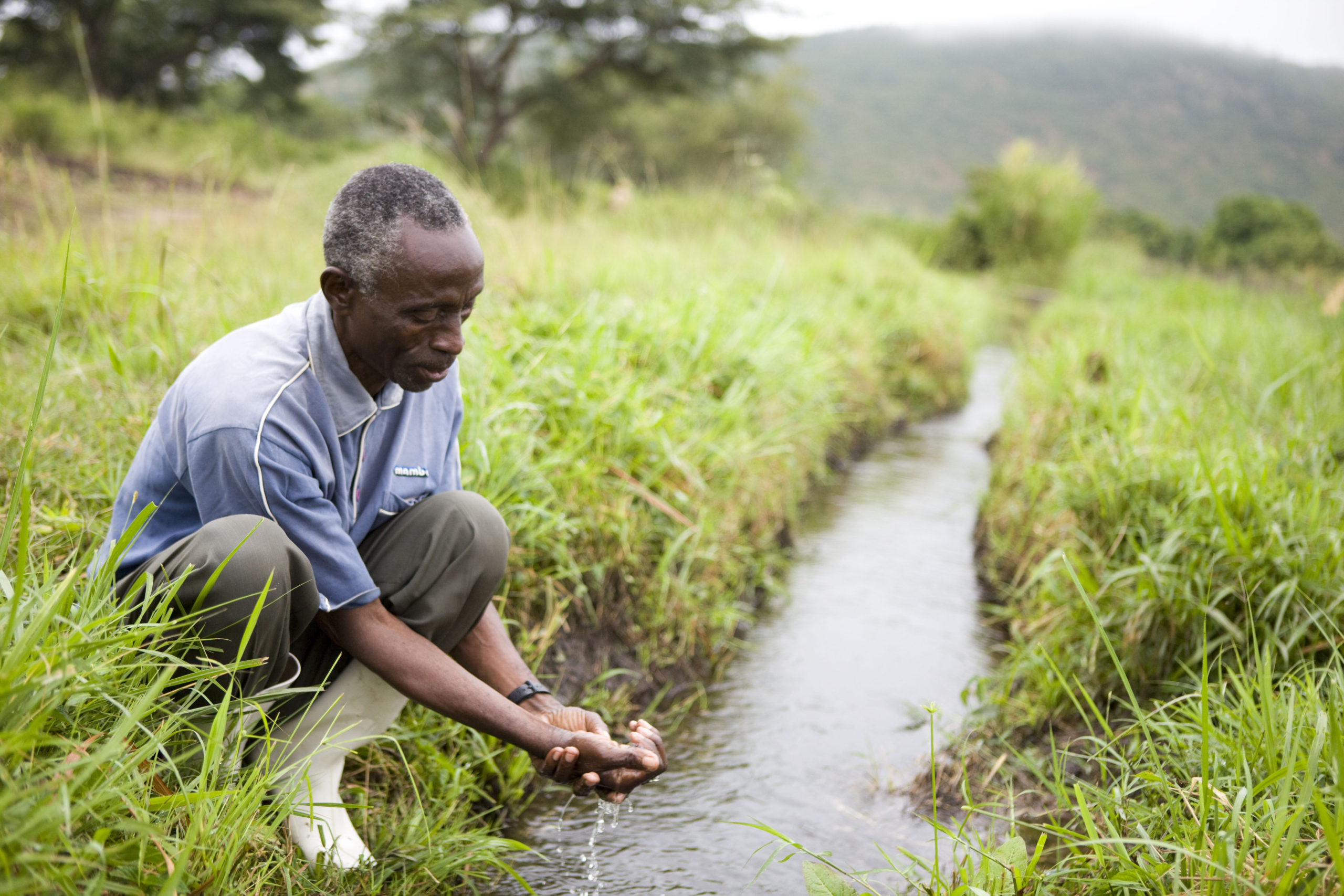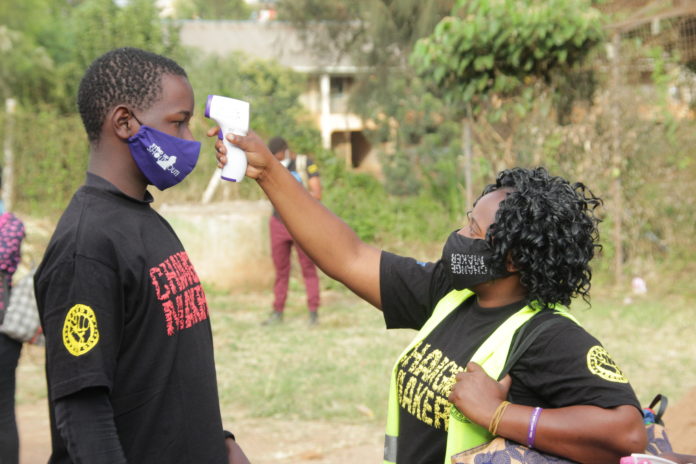By Laurent Some
Nairobi, Kenya: A Green and Just recovery for Africa that places nature at its core is the only option to set nature on a path to recovery, resilience to climate change and biodiversity to give global economic shocks to future pandemics.
This was discussed at the 18th Ordinary Session of the African Ministerial Conference on the Environment(AMCEN) which successfully wrapped up its virtual session on December 04, 2020, under the theme: ‘Enhancing environmental action for effective post-COVID recovery in Africa’.
The Environment Ministers across Africa agreed to support a comprehensive green recovery plan to boost economies and social systems aimed at building back better from the COVID-19 pandemic.
The Ministers recommended an effective recovery strategy from the pandemic. The African Green Stimulus Programme seeks to address the socio-economic and environmental impacts of the COVID-19 pandemic.

However, Ministers also recognized that recovery measures need a “whole-of-government” approach, and therefore that the discussions on biodiversity, climate and social justice should not only be part of the Ministries of Environment circles, but also taken up by Finance, Economics, Planning, Foreign Affairs, and other decision bodies.
Additionally, many African Presidents have recently made commitments at the UN General Assembly 75, including at the Summit on Biodiversity, and by signing the Leaders Pledge for Nature, acknowledging the importance of nature for our societies and the state of planetary emergency in which we live. The Leaders Pledge also commits countries to adopt a whole-of-government approach to ensure, among others, that a Green and Just recovery is achieved.
The impact that COVID-19 has taken on peoples’ lives can not be quantified as it is massive and widespread. This global pandemic is continuing to have a very negative impact on people and nature in equal measure.
The COVID-19 crisis has shown that the interests of government, business and society can be aligned. We all have an interest in building a resilient economy, where people, businesses and nature thrive for the benefit of all.
Solutions and opportunities
First and foremost, Green recovery policies yield high multipliers of economic benefits. USD$1 spent on nature restoration yields USD$9 in economic benefit. Spending now on green and resilient measures rather than a business as usual recovery will also reduce additional costs from damage resulting from climate change impacts in the future. A targeted green recovery will go further to reducing Africa’s debt burdens than business as usual equivalents.

Secondly, addressing the key drivers of pandemics by reducing land-use change and protecting natural habitats would reduce the likelihood of future pandemic threats by contributing to a One Health approach. Many green policies also improve the health and wellbeing of the population as an additional co-benefit.
Green recovery packages provide good prospects for short- and medium-term job creation, in higher numbers than brown measures – for example there are 3x as many jobs created per USD$1 million investment in renewable energy versus fossil fuels. Investments in natural capital through nature based tourism and other sustainable conservation models will also support livelihoods in the longer-term.
Sustainable, climate-smart methods to drive higher productivity from existing agricultural land will enable the continent to move away from food imports and towards self-sufficiency, reducing exposure to future global trade shocks, as well as the impacts of climate change.
Lastly, the recovery can be just and beneficial for all, as well as green. Government intervention can ensure benefits will be shared equitably to ensure all Africans realise the opportunities provided by the recovery. It must emphasise rights of Indigenous Peoples and Local Communities (IPLCs) over resource
We are hopeful as the Ministers committed to working with the global community to secure a robust, ambitious and transformative post-2020 Global Biodiversity Framework that aims at reversing biodiversity loss by 2030.
We must drive a New Deal for Nature and People that protects and restores natural habitats, safeguards this diversity of life, halves the footprint of production and consumption and ensures the world is nature-positive by the end of this decade. This will directly build resilience to future pandemics, underpin sustainable future growth and address the key challenges exposed by the current situation.
The Writer is the Head to Policy and Partnerships in Africa at WWF International, Regional Office for Africa. He leads WWF Africa engagement in advocacy, key policy frameworks, conventions and multi-lateral processes in Africa and globally that include UN SDG’s, Biodiversity (CBD) and Climate Change (UNFCCC).














